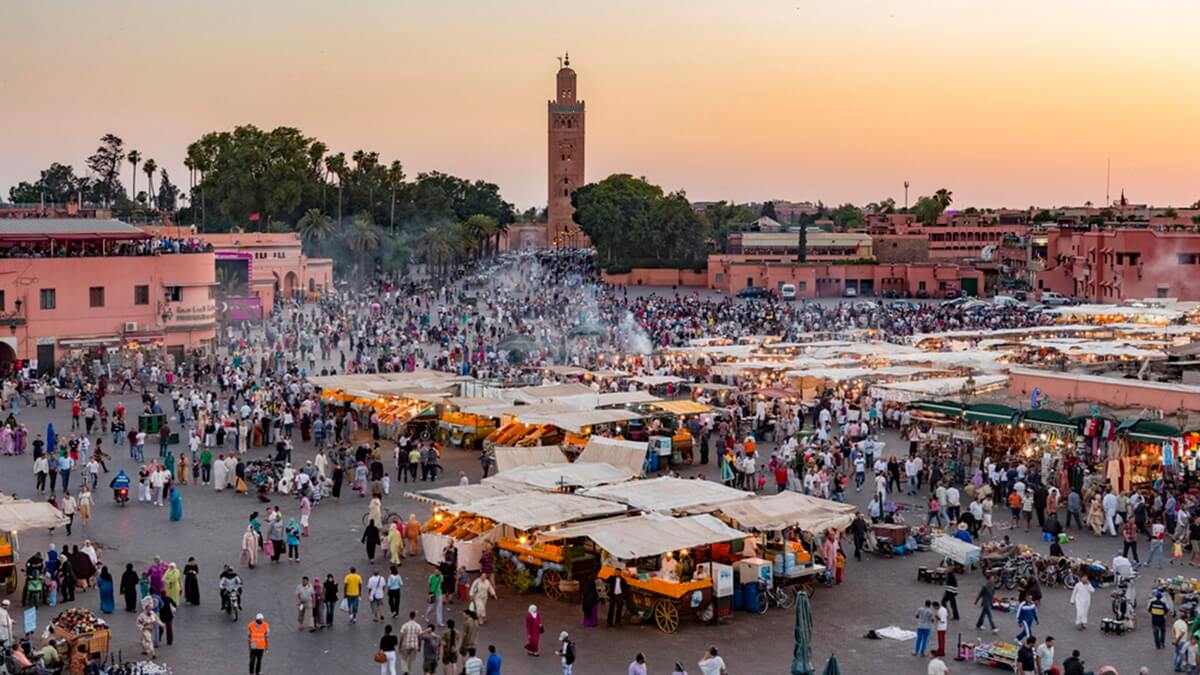
Morocco has recorded unprecedented growth in its tourism sector, generating 67 billion dirhams in revenue during the first seven months of 2025, according to the Ministry of Tourism, Handicrafts, and the Social and Solidarity Economy.
This represents a 13% increase compared to the same period in 2024, equivalent to an additional 7.5 billion dirhams, and highlights the country’s rising appeal to international visitors.
Tourist arrivals have also surged, with 11.6 million visitors recorded by the end of July 2025, a 16% increase year-on-year. July alone proved exceptional, bringing in 13 billion dirhams—26% higher than July 2024—underscoring a momentum that, if sustained, could push annual revenues to a new historic peak.
For Fatim-Zahra Ammor, Minister of Tourism, Crafts and the Social and Solidarity Economy, the sector’s performance demonstrates its growing economic significance.
“Tourism that is gaining economic impact is becoming established over the long term,” she said, noting that the sector contributes to employment, supports the balance of payments, and strengthens Morocco’s international influence.
The figures also reveal a remarkable recovery and growth compared to pre-pandemic levels. Tourism revenues for 2024 had already surpassed those of 2019—the reference year before the health crisis—by 43%, signaling Morocco’s resilience and the effectiveness of its strategic initiatives.
Industry experts attribute this success to Morocco’s efforts to diversify source markets and invest in new infrastructure.
Targeted promotional campaigns, expansion of hotel capacity, and adaptation to sustainable tourism standards have all contributed to the sector’s performance. Partnerships with international stakeholders are also expected to reinforce this growth trajectory.
With the momentum continuing into the second half of 2025, Morocco is consolidating its position as one of Africa’s leading tourist destinations. .
The sustained increase in both visitor numbers and revenue underscores the strategic importance of tourism as a pillar of the national economy, offering a boost not only to the service industry but to the country’s global economic standing.



